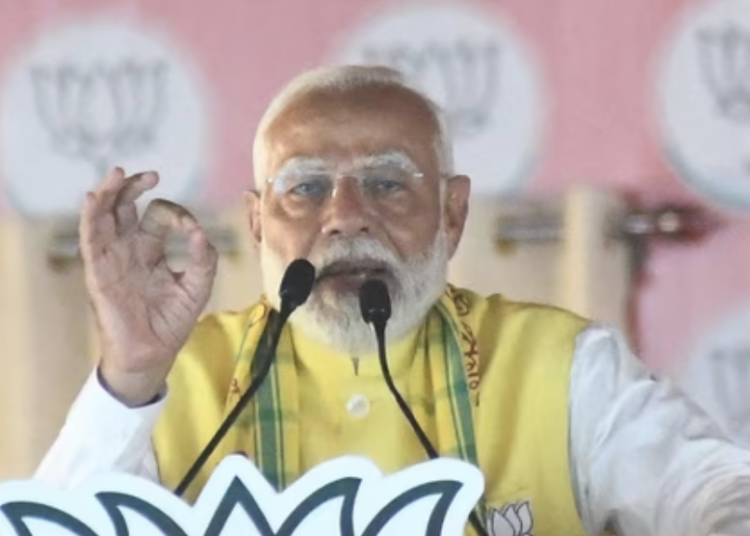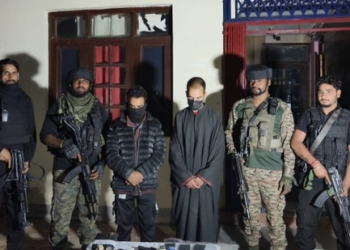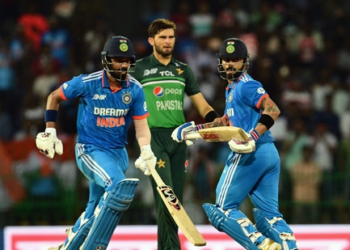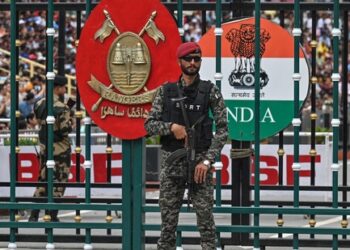Prime Minister Narendra Modi stirred a political storm today as he invoked the architect of India’s Constitution, Dr. B.R. Ambedkar, to criticize the Congress party’s stance on reservations. Speaking at a public rally, Modi referenced Ambedkar’s vision for social justice and equality, juxtaposing it with what he implied would have been Jawaharlal Nehru’s contrasting view on reservation policies.
In a charged speech delivered in the heartland of Uttar Pradesh, Modi underscored the importance of affirmative action and empowerment for marginalized communities. “Dr. Ambedkar envisaged a society where every individual, regardless of their background, would have equal opportunities,” stated the Prime Minister. “He believed in the transformative power of reservations to uplift the downtrodden and ensure social justice.”
However, Modi didn’t stop there. He went on to imply a divergence between Ambedkar’s vision and that of the Congress party’s stalwart, Jawaharlal Nehru. “Dr. Ambedkar had a vision for the upliftment of the oppressed. But one wonders what Nehru’s stance would have been,” Modi remarked, sparking speculation and controversy over the historical positions of India’s founding leaders on reservations.
The Prime Minister’s comments come at a crucial juncture when the issue of reservations in education and government jobs has been a subject of intense debate and political maneuvering. With various states demanding increased quotas and calls for reservation based on economic criteria gaining traction, Modi’s invocation of Ambedkar’s legacy adds a new dimension to the ongoing discourse.
Notably, Modi’s remarks drew swift reactions from opposition leaders, particularly from the Congress party. While some accused him of distorting history for political gain, others viewed it as an attempt to deflect attention from pressing issues such as economic slowdown and unemployment.
The reference to Nehru, a towering figure in India’s independence movement and the country’s first Prime Minister, adds a layer of complexity to the narrative. It reignites discussions on the ideological differences between the Congress party and the ruling Bharatiya Janata Party (BJP) regarding the implementation and efficacy of reservation policies.
As the nation grapples with the challenges of social justice and inclusivity, Modi’s invocation of Ambedkar and implicit critique of Nehru’s hypothetical stance on reservations injects fresh energy into an already contentious debate.


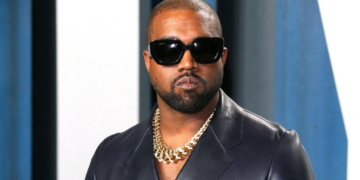

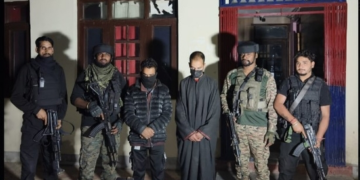


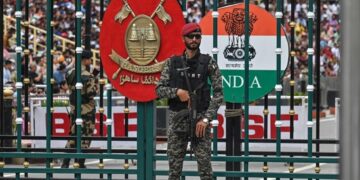
 India
India
